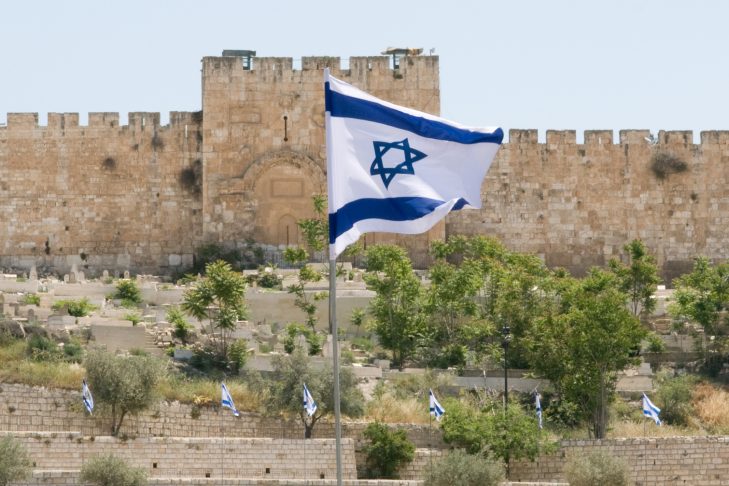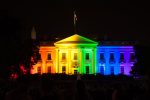The centrality of Israel to the Jewish faith and experience is central to the holiday of Passover. The Passover story is one of wandering and redemption. It is the story of a people yearning for a homeland. In fact, each Passover seder concludes with the words, “Next year in Jerusalem.”
This year, 2017, is a year of great significance in Israel’s modern history. These four questions look at the significant anniversaries in the history of modern Israel in an attempt to answer, “Why is 2017 different from all other years?”
What is the significance of the First Zionist Congress?
One-hundred-twenty years ago (August 1897), the First Zionist Congress convened in Switzerland. Led by Theodor Herzl, the three-day meeting included an estimated 200 participants representing 17 countries. Herzl was elected president of the Zionist Organization at the meeting, during which the congress established means to obtain the creation of a Jewish homeland in Israel. It took 51 years for that dream to become a reality.
What does the existence of a Jewish state mean to you?
What is the significance of the Balfour Declaration?
One hundred years ago (November 1917), British Foreign Secretary James Balfour sent a letter to Baron Lionel Walter Rothschild, Britain’s most famed Jewish citizen. The letter, which came to be known as the Balfour Declaration, declared for the first time the British government’s support for a Jewish homeland in Palestine: “His Majesty’s Government view with favor the establishment in Palestine of a national home for the Jewish people, and will use their best endeavors to facilitate the achievement of this object, it being clearly understood that nothing shall be done which may prejudice the civil and religious rights of existing non-Jewish communities in Palestine, or the rights and political status enjoyed by Jews in any other country.” The Balfour Declaration paved the way for the U.N. Partition Plan, which led to the establishment of the Jewish state.
How do you think the Balfour Declaration shaped modern Jewish history?
What is the significance of the U.N. Partition Plan?
Seventy years ago (November 1947), the United Nations voted to create two states—one Jewish, one Arab—in the British Palestine Mandate. Resolution 181, as it was called, required Britain to withdraw from the territory and draw boundaries for the two states. Jews in Palestine accepted the plan; the Arabs, backed by regional Arab states, rejected it. While it predated the birth of modern Israel by one year, the 1947 U.N. partition marked the beginning of an era of animosity between Israel and surrounding Arab states.
The U.N. Partition Plan created a divided land. What is the significance of a divided state? The Arab rejection of an Israeli state in the Middle East has led to wars, boycotts, animosity and terrorism against Jews in Israel and around the world. How do you think the conflict can be resolved? Can it ever be resolved?
What was the significance of the Six-Day War?
Fifty years ago (June 1967), there was a short but monumental conflict between Israel and its Arab neighbors. The Six-Day War saw a stunning military victory for the only 19-year-old modern Jewish state, one which altered the course of its history. In addition to liberating Jerusalem—and allowing Jews to access the Western Wall for the first time since the establishment of the modern state—Israel pushed Jordanian troops completely out of the West Bank and ousted Egypt from the Sinai Peninsula. Israel’s land area more than tripled, and Israel was established as the most powerful military force in the region. At the same time, Israel became an occupying force in the West Bank, populated at the time by nearly 600,000 Palestinians. It also marked the beginning of the official policy of Israeli settlement building in the West Bank, though the area has a long Jewish history dating back to biblical times. Today, more than 400,000 Israelis reside in the West Bank.
Does Israel have an obligation to either maintain territories in the West Bank that have religious/historical significance to the Jewish faith? Or does Israel have an obligation to trade land for peace to the Palestinians? Are there times when you feel conflicted discussing Israel, settlements or peace with friends or family? What do you think the significance of a unified Jerusalem is to the Jewish people and Jewish faith?





























